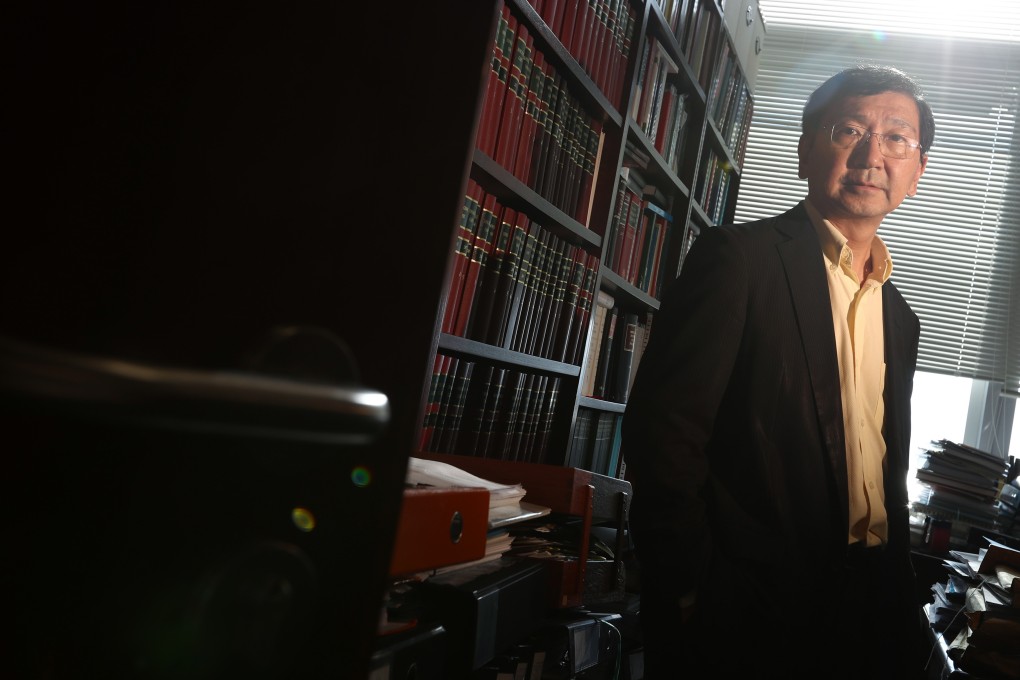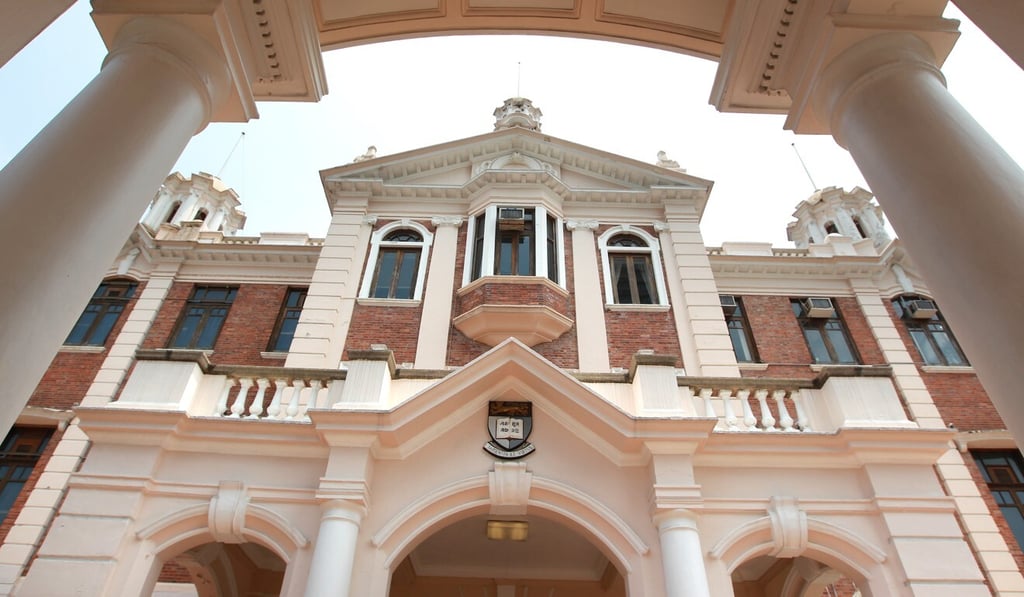Outspoken Hong Kong law professor Johannes Chan ‘has left post at end of HKU contract’
- But Chan, who was previously HKU’s longest-serving law dean, is expected to continue to teach part-time going forward
- Move coincides with political flap in which city’s No 2 official appeared to call him out over comments he gave to media about July 1 stabbing attack

University of Hong Kong (HKU) chair professor of public law Johannes Chan Mun-man has left his post after more than three decades with the institution following the expiration of his contract, the Post has learned.
On the university’s website, Chan retained the title of adjunct professor in the law faculty, but there was no indication of his role going forward, or what courses he would be teaching.
Sources told the Post that Chan, 62, “retired” after his two-year contract was not renewed when it ended, while another source said the faculty had decided the professor would serve in a part-time capacity in the future, but on different terms and benefits.

The decision – as with all staff appointments and arrangements – was made by HKU’s governing council, and passed without much discussion, that source added.